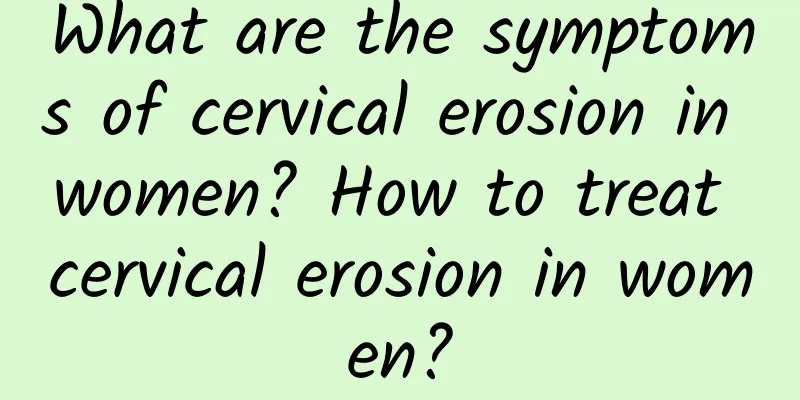What causes endometriosis?

|
Endometriosis may be caused by genetic factors, bad living habits, retrograde menstruation, abnormal immune function, etc. 1. Genetic factors: Genetic factors play a role in the occurrence of endometriosis. Women with a family history are at a higher risk of the disease. The symptoms of these patients are similar to those caused by other reasons, but may have more obvious family clustering. Women with a family history should undergo regular gynecological examinations to detect and treat endometriosis early. 2. Bad living habits: high-fat diet, lack of exercise, excessive drinking and coffee may lead to imbalance of hormone levels in the body, thereby increasing the risk of endometriosis. In addition to the above symptoms, these patients may also have obesity, metabolic syndrome and other related manifestations. Adjust the diet structure to focus on low fat and high fiber; increase physical exercise to control weight and strengthen physical fitness; reduce the intake of stimulating drinks such as alcohol and coffee to reduce the risk of hormone imbalance. 3. Retrograde menstruation: Retrograde menstruation is one of the most common physiological causes of endometriosis. During menstruation, some endometrial fragments may flow back through the fallopian tubes into the pelvic cavity with menstrual blood, and implant in other parts such as the ovaries and peritoneum, forming ectopic lesions. This process may be accompanied by symptoms such as dysmenorrhea, irregular menstruation, and infertility. Dysmenorrhea is particularly significant, manifested as secondary and progressively worsening pain, usually starting 1 to 2 days before menstruation, reaching a peak on the first day of menstruation, and then gradually easing. Commonly used progestin drugs such as norethindrone, megestrol acetate, etc., are used to temporarily relieve symptoms and prevent the disease from further progression. Drugs such as danazol and gestrinone can also be used to inhibit ovulation and ectopic endometrial growth. 4. Abnormal immune function: When the immune system is abnormal, it may not be able to effectively remove endometrial tissue outside the uterine cavity, causing it to grow in other parts to form ectopic lesions. In addition to symptoms related to endometriosis, such patients may also have manifestations of other autoimmune diseases. Use immunomodulatory drugs under the guidance of a doctor to enhance the function of the immune system and help remove ectopic endometrial tissue. |
<<: Why haven't I had my period yet 51 days after having an abortion?
>>: What are the symptoms of miscarriage?
Recommend
Physical health care methods for menopausal women
Menopause is a common disease among women. As wom...
How long does it take to cure a miscarriage?
We all know that after a woman has undergone pain...
Why is menstrual blood black?
Why is menstrual blood black? If menstrual blood ...
What are the benefits of fumigation for uterine fibroids? Fumigation is helpful for uterine fibroids
What are the benefits of fumigation for uterine f...
Does abortion require hospitalization?
Abortion is a very common abortion surgery nowada...
What are the drugs for preventing miscarriage in early pregnancy?
What are the medicines for preventing miscarriage...
What are the symptoms of pelvic peritonitis?
Any disease has its own symptoms, and the same is...
Three principles for correct ovarian care
The ovaries are important reproductive organs for...
15 minutes of non-stop aerobic exercise to boost metabolic rate
Many people feel that they can never gain weight ...
What are the symptoms of miscarriage and what are the causes of miscarriage?
Vaginal bleeding in pregnant women is the first s...
Is it easier to get stomach ulcers if you eat less to lose weight? Nutritionist: Don’t make these four mistakes when losing weight
In order to lose weight, most people believe that...
Traditional Chinese medicine explains the causes of vaginitis in detail
Do you know the specific causes of vaginitis? In ...
Experts introduce you to the degree of dysmenorrhea
I believe that many female friends have experienc...
What are the preventive measures for vaginitis?
The vagina is an important part of a woman. When ...
What medicine can I use to treat premature menopause caused by uterine fibroids? Is premature menopause caused by uterine fibroids good?
Uterine fibroids are one of the most common benig...









